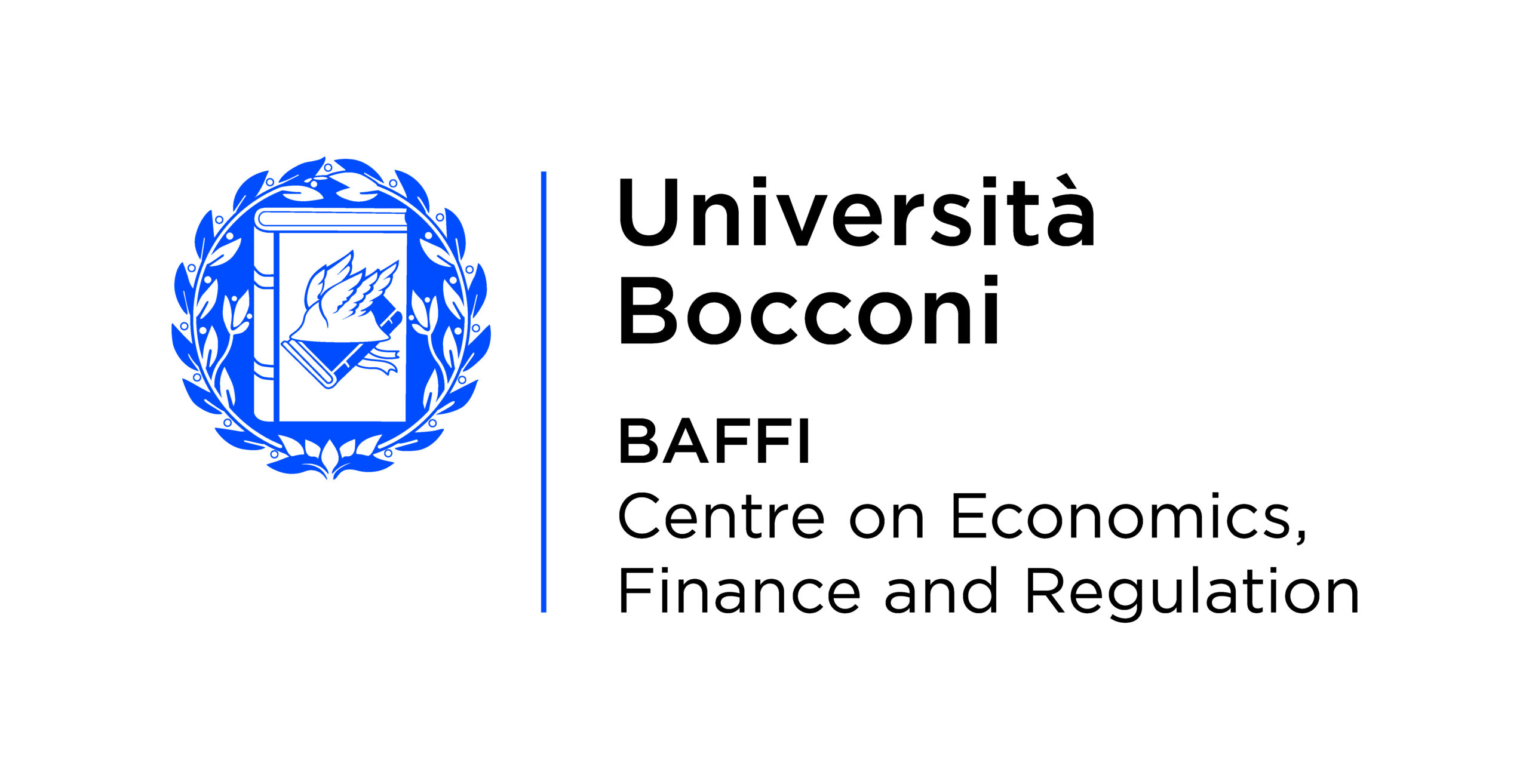

Webex
15:00-16:30 (CET)

US and major EU government bond markets have been traditionally viewed as safe havens. More recently they have become focal points of market stress. Liquid and well-functioning markets for government debt are vital for the real economy. They critically rest on the intermediation capacity of dealers, which often form part of large banking groups. Since the Global Financial Crisis, this capacity has been pressured by a number of factors, such as strong growth of government debt issuance, a shrinking central bank footprint due to QT and the growth of non-bank Dealers and leveraged investors. Recent stress episodes such as the jump in US repo rates in September 2019, the “dash for cash” triggered by the onset of the Covid-19 pandemic in March 2020, very high volatility in April 2025 and the mini-budget crisis in the United Kingdom in September 2022 highlight the fragility in trading conditions of major markets. Against this background of rising headwinds, this webinar will discuss the market evolution, Dealer activities, risks and potential policy options for EU and US markets.
Background material
SUERF Policy Brief, No 1172 “Dealer constraints and government bond markets: A transatlantic perspective” by Falk Bräuning, Martin Scheicher, and Hillary Stein
Scientific coordination: Martin Scheicher, Adviser, DG Horizontal Line Supervision of the SSM & SUERF Fellow
“Government bonds: Unsafe assets?”
Martin Scheicher, Adviser, DG Horizontal Line Supervision · SSM/ECB presentation